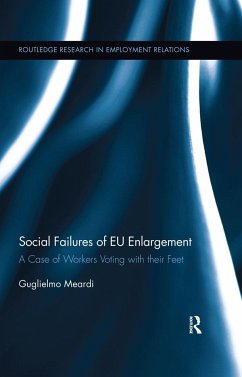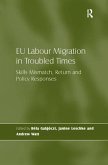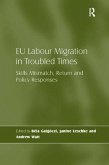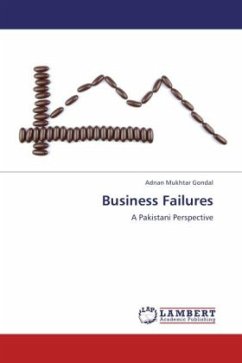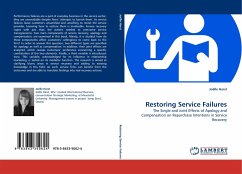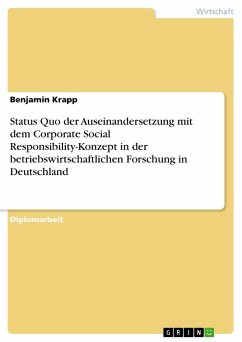Is the EU enlargement the success EU institutions proclaim? Based on fifteen years of fieldwork research across Central and Eastern Europe and on migrants in the UK and Germany, this book provides a less glittering answer. The EU has betrayed hopes of social cohesion: social regulations have been forgotten, multinationals use threats of relocations, and workers, left without institutional channels to voice their concerns, have reacted by leaving their countries en masse. Yet migration, for many, increases social vulnerability. Drawing on Hirschman's concepts of 'Exit' and 'Voice', the book traces the origins of such failures in the management of EU enlargement as a pure economic and market-creating exercise, neglecting the inherently political nature of labour relations. The reinforcement of market mechanisms without political counterbalances has resulted in an increase in opportunistic 'exit' behaviour by both employers and employees, and thereby in a worsening quality of democracy, at workplace, national and European levels. As a result of this process, the EU has become more similar to the North American Free Trade Agreement between USA, Canada and Mexico, where social rights are marginalized and economic integration does not translate into better development.
Hinweis: Dieser Artikel kann nur an eine deutsche Lieferadresse ausgeliefert werden.
Hinweis: Dieser Artikel kann nur an eine deutsche Lieferadresse ausgeliefert werden.

